

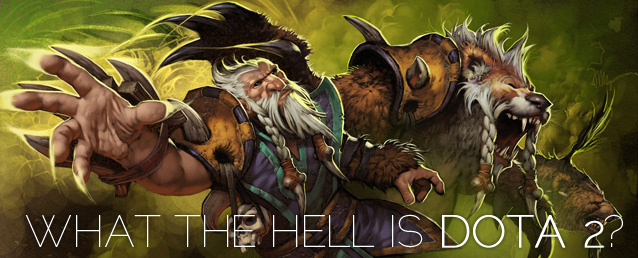
DOTA 2 is a MOBA.
Chances are you read that sentence and thought “Hey, those are funny words.” Perhaps “Am I supposed to understand what that means?” Some of you maybe said “DOTA, that’s that Warcraft III mod, right?” And to a handful of you, you know exactly what that means. And you’re probably already playing DOTA 2.
MOBA stands for “Multiplayer Online Battle Arena.” It’s one term coined by a MOBA developer to describe the style of game. If that means anything to you, well, that would surprise me. Another term, preferred by Wikipedia at the least, is “Action Real-Time Strategy,” which does a little bit more to indicate what the game might be. Real-time strategy implies a certain interface characteristic—right click to move—and the “action” implies that it’s simpler and involves more fast-paced decision-making. This is true, but still not terribly specific. The third, and probably most popular way to describes DOTA 2 and games like it is traditionally...DOTA-like.
And here I thought “Roguelike” was the worst genre name in gaming.And here I thought “Roguelike” was the worst genre name in gaming.
Here’s how DOTA II works: you play on a map with two sides, each of which has a home base. There are three channels between those bases, which have towers defending them. Each base spits out troops, which the players cannot control, who mindlessly attack on their way to the enemy base. The player controls powerful hero units that affect those battles between the mindless units, influencing the outcome. This creates a feeling shifting battle lines, chokepoints, and tension.
To hear good players of this style of game is to hear that there’s something special. They speak as if it’s a mix of chess and soccer, where strategic-level thinking, tactical-level thinking, and straightforward skill combine to create a new type of sport. That part of the discussion is really exciting. But that’s only a small part of those discussions. Two other things tend to dominate: first, I have no idea what they’re talking about. Second, they seem to spend more time being pissed off at other players than they do enjoying the game.

Those two things combine to create what seems to me to be the defining characteristics of DOTA 2. First, it’s incredibly difficult to understand proper strategy and tactics. Second, the people who play it are often really grumpy and unhelpful. Most games have tutorials to get around this. DOTA 2 does not. Most games have at least cursory single-player campaigns that can help the player get better at understanding basic strategies. DOTA 2 does not. Instead, DOTA 2 has a menu that asks if you’re New, Familiar, or Expert. Click on New, and the game limits you to joining multiplayer games that have simpler options. That’s...it.
Join a game, and you’re unlikely to find people excited to help you. Five years ago, I tried playing the original DOTA and was attacked and insulted for being new. Even though I admitted I was new. Such things still happen with DOTA 2. Perhaps it’s because the game is still in extended beta phase, and will have a full release with actual support for new players. Or, more likely, it’s a game built around a community where complication and difficulty are considered good things, as it allows experts to maintain their superiority.
Still, there’s something here that helps to create such rabid fans. I wanted to find out what it was, so I grabbed a friend who played regularly to help. The first thing he told me was that the champion I had chosen was an odd choice, for a few strategic reasons. Fair enough, I thought, so I asked how I was supposed to know that? He told me there was no way to know that. There are dozens of champions. It’s almost impossible to tell what kind is for what kind of player, somewhat akin to a fighting game, but most fighting games don’t have matches that last for half an hour or more.
It’s not just that DOTA 2 is complicated. It’s that it seems needlessly complicated.It’s not just that DOTA 2 is complicated. It’s that it seems needlessly complicated. Sure, there are dozens of champions who are difficult to learn and sort through. And yes, there’s the impenetrable jargon. There’s also a ridiculously dense item system, with again, dozens of items to buy and sell, and another mechanic to transfer them back and forth from the home base to the field. All this seems like it would easy to streamline. Once my friend got me into the game and started giving advice, he told me that, at the start of the game, I shouldn’t auto-attack for some strategic reason, which is deliberately counter-intuitive. I’ve played many complicated games in my life, from dense RPGs like Wizardry VII and Disgaea to wargames and grand strategy games like The Operational Art Of War and dozens of Civilization mods. DOTA 2 surpasses these, and not in a good way.
An anthropologist friend pointed me to a distinction between communities of interest and communities of practice, which seems appropriate for DOTA 2 compared to most every other game. A community of interest forms around most games, where information is exchanged in order to help increase that community. A community of practice has knowledge prerequisites up around it, making it inaccessible to outsiders. DOTA’s traditional status as a top e-sport gives a practical reason for it to exist in such a way, while its history as a mod for Warcraft III means that it never had the traditional need to appeal as fighting games, first-person shooters, or real-time strategy games did before they became e-sports.
I wanted to like DOTA 2. I feel like there’s potentially a quality game in there. But it’s locked behind a needlessly dense set of gates. I hear League Of Legends actually has some level of introduction and encouragement for new players, but at this point, my motivation for loading it, DOTA 2, or any other MOBA is nearly nil.
If Valve wants to sell DOTA 2 to anyone who’s not already a DOTA fan and expert, it’s going to have to encourage its developers to make the game much more new player-friendly. Otherwise, it’s going to be a black mark against a company that’s famous for making accessible games.
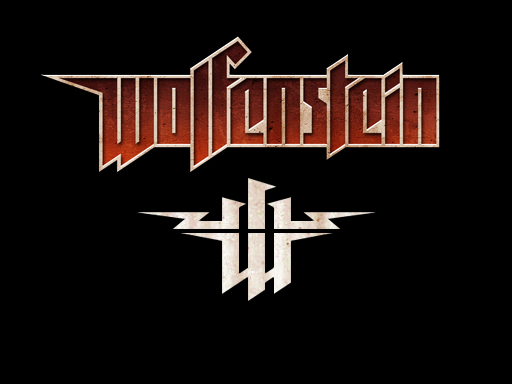
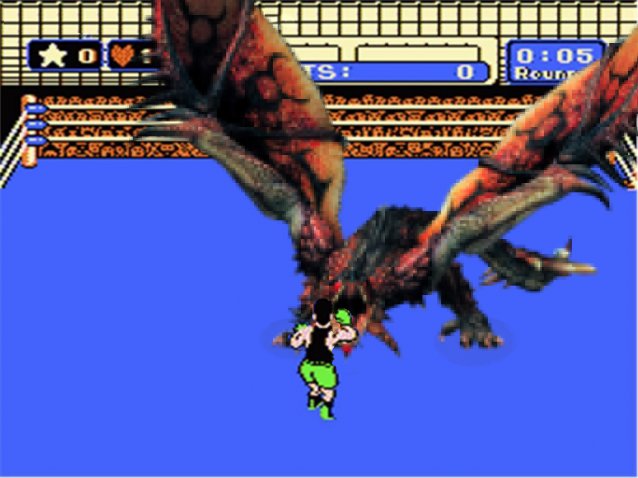
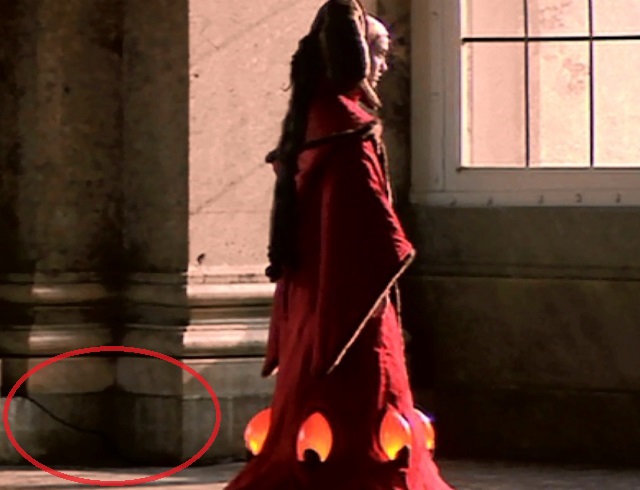
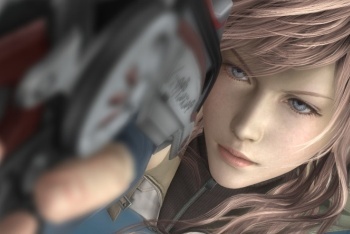
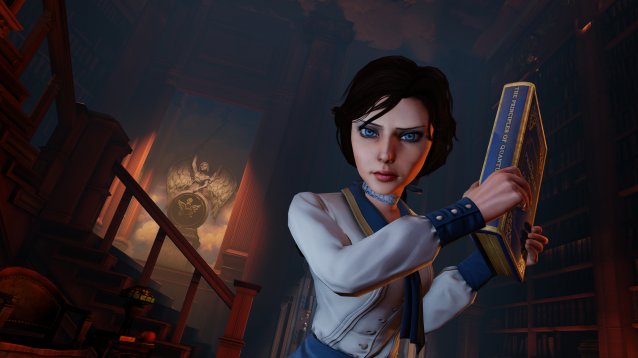 BioShock Infinite Collectibles: Voxophones, Infusion Upgrades & Sightseer
BioShock Infinite Collectibles: Voxophones, Infusion Upgrades & Sightseer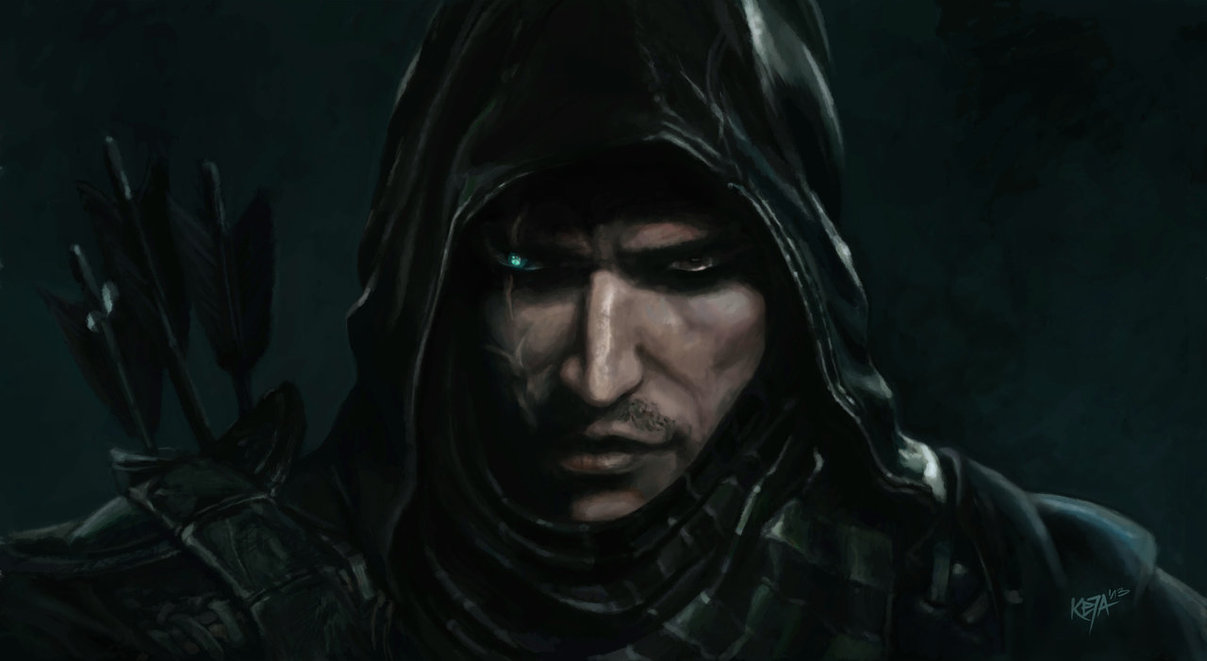 Thief: How to Make Money
Thief: How to Make Money 5 Ways Facebook's Lack of Privacy Can Cost You Money
5 Ways Facebook's Lack of Privacy Can Cost You Money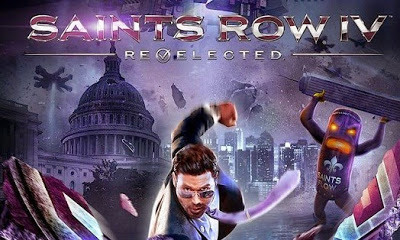 Saints Row IV: Re-Elected Cheats, Easter egg
Saints Row IV: Re-Elected Cheats, Easter egg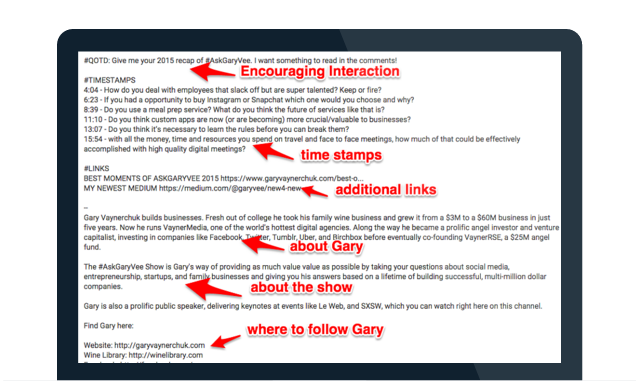 9 Key Ingredients of a Successful YouTube Channel
9 Key Ingredients of a Successful YouTube Channel